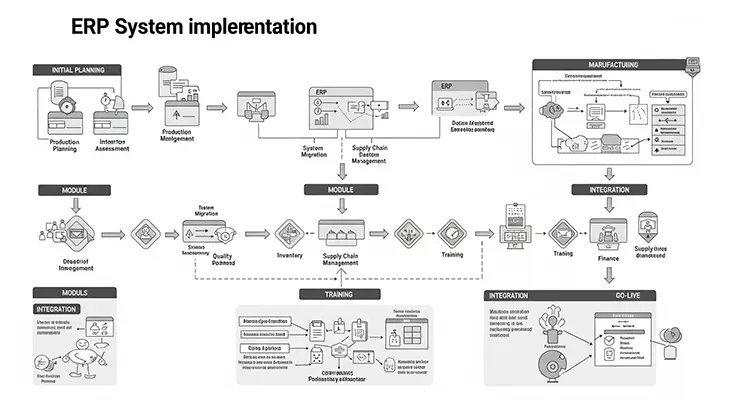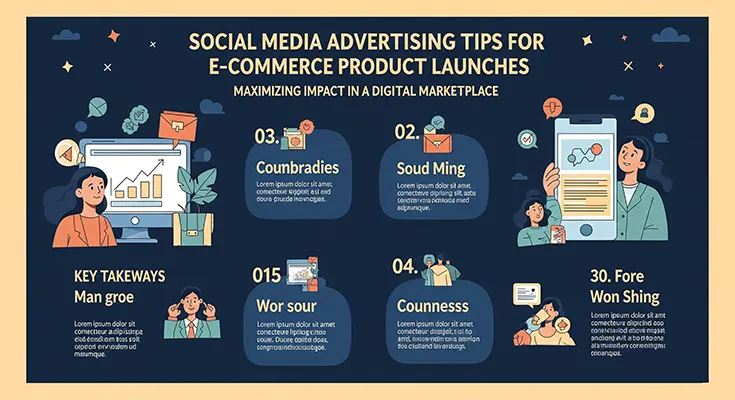
ERP System Implementation Guide for Manufacturing Companies
Implementing an Enterprise Resource Planning (ERP) system in manufacturing companies can significantly improve efficiency, streamline processes, and enhance overall performance. However, the process of implementing an ERP system can be complex and challenging. To help manufacturing companies navigate this journey successfully, here is a comprehensive ERP system implementation guide tailored specifically for the manufacturing industry:
1. Define Clear Objectives and Requirements
Before embarking on an ERP system implementation, manufacturing companies should define clear objectives and requirements. Identify key pain points, inefficiencies, and challenges within your current systems and processes. Determine what specific goals you aim to achieve with the ERP system, such as improving inventory management, optimizing production planning, enhancing supply chain visibility, or increasing operational efficiency.
2. Conduct a Thorough Needs Assessment
Conduct a thorough needs assessment to understand the specific requirements of your manufacturing operations. Evaluate different ERP solutions in the market and assess how well they align …
ERP System Implementation Guide for Manufacturing Companies READ MORE




